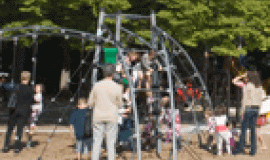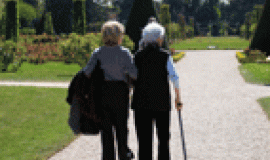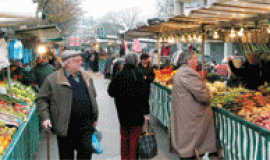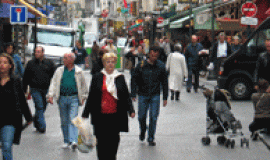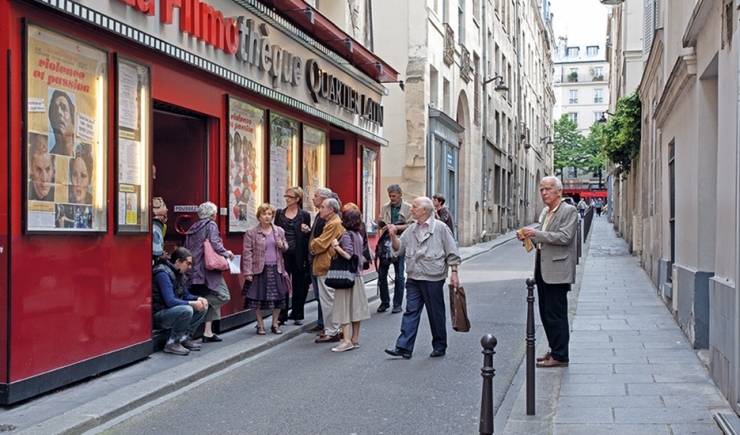
In a context where the population is ageing and just when the Department of Paris has finished its gerontological chart for 2012-2016, this report, carried out in partnership with the Regional Management of Insée-Île –de-France, presents an analysis of the evolution of the population in Paris aged 60 and over.
In 2007, 417,500 Parisians were sixty or over, which represents one out of every five Parisians (19%) this is less than in France as a whole (22%) and more than in île-de-France (17%). The proportion of those who were 60 or over remained stable in Paris between 1999 and 2007. Ageing of the population is less accentuated in Paris than in Metropolitan France and île–de-France because many people move to the country when they retire and there is a massive inflow of young adults which slows down ageing within in the capital. With 2030 on the horizon, those of 75 or over will make up about 10% of Parisians compared with 7% in 2007. Paris will continue to stand apart, with its population ageing less, although it will age to some extent.
Parisian households of 60 year olds or over generally have higher incomes than in Île-de-France and France as a whole, however there are marked social inequalities. With the arrival of a generation of older people who have gone through periods of unemployment and had incomplete careers, more of the elderly are likely to be confronted with insecurity in the years to come. As well as this, solitude among old people, particularly women, is today becoming a major preoccupation. 174,000 people of 60 and over live alone, three quarters of whom are women. Among those of 75 and over, one out of every two Parisians, lives alone.
In Paris, facilities for keeping the dependant elderly in their own homes will continue to develop. Parisians are in better health, having been more closely supervised medically and so are able to live in their own homes longer. This is developing a growing need for(professional or family) helpers to be present and the development of home services and medical care.
Study carried out in partnership with Insee Île-de-France (Collection : Les documents de travail de l'Insee Idf - décembre 2012)
Content:
Introduction
Demography
- The ageing of the population is not as accentuated in Paris as in Metropolitan France and the Île-de-France
- The scale of ageing differs from district to district
- A moderate increase of dependant elderly Parisians on the horizon of 2030
Social and economic inequalities
- High rate of activity among the over 60s in Paris, the number of managerial staff and ex-managerial staff still working continues to grow.
- On the whole elderly Parisians have high incomes but there are marked income inequalities.
- Elderly immigrants and foreigners living in Paris : specific social issues
Housing
- Elderly Parisians, for the most part, still own their own homes.
- At 75 and over, more than one out of two Parisians live alone
- A minority of Parisian households live in difficult housing conditions
- Six large groups of districts which house Parisians with very different profiles
Health and dependency
- Some aspects of health-care for elderly Parisians
- Mobility of elderly Parisians and accessibility
- Dependency among elderly people approached by the social benefit for independence -Allocation Personnalisée d’Autonomie-
- In Paris the offer for the dependant elderly to remain in their own homes is developing
Conclusion
Appendices
Bibliography

